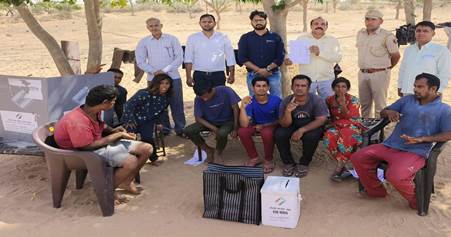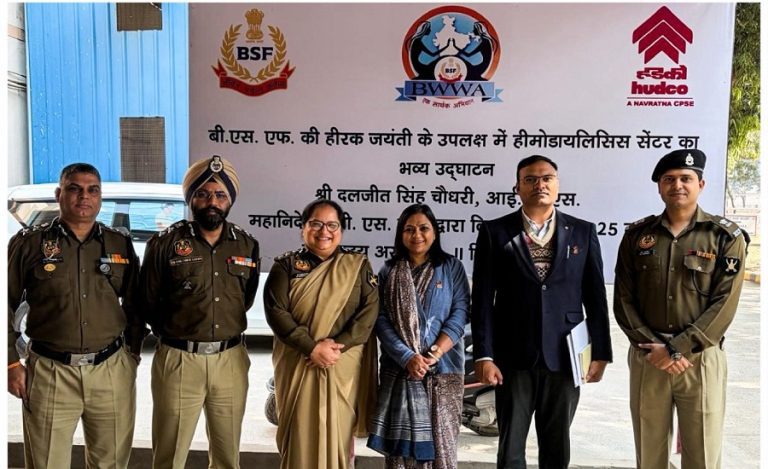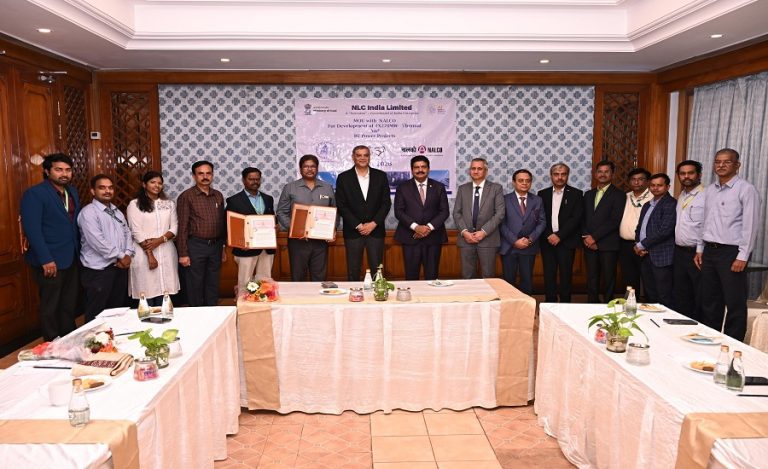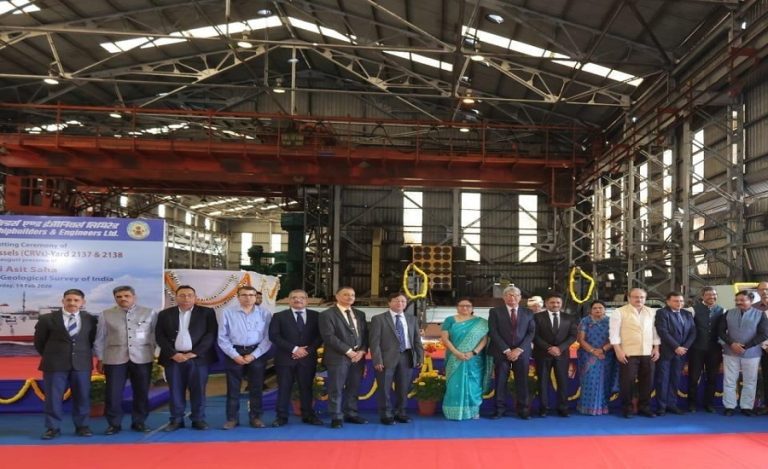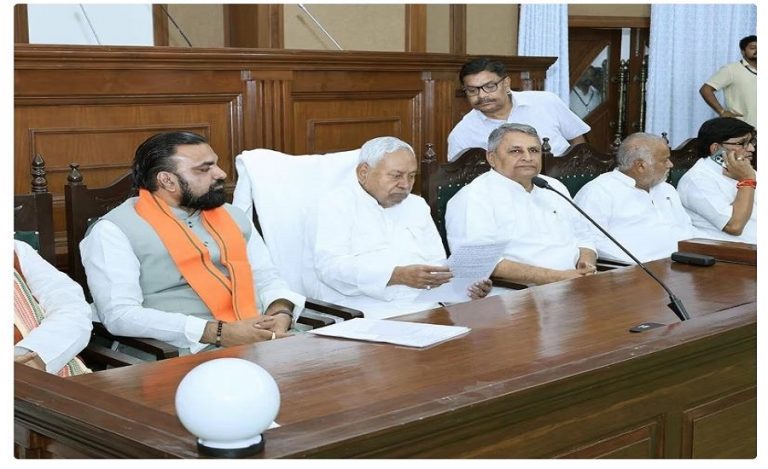In a pioneering move, the Election Commission of India (ECI) has introduced a novel feature for the first time in the history of Lok Sabha elections, allowing home voting for elderly individuals and Persons with Disabilities (PwDs) with a 40% disability benchmark. This initiative is part of the 2024 Lok Sabha elections and is aimed at enhancing inclusivity and accessibility in the electoral process. It is particularly beneficial for voters aged 85 and above and PwDs with a disability rating of 40% or higher. The initiative has already seen its first phase of voting, with over 81 lakh voters aged 85 and above and more than 90 lakh PwD voters participating. This step is significant in promoting democratic participation and ensuring that all eligible citizens, regardless of age or disability, have the opportunity to exercise their right to vote.
Chief Election Commissioner Mr. Rajiv Kumar along with Election Commissioners Mr. Gyanesh Kumar and Dr Sukhbir Singh Sandhu announced that by giving home voting facility to elders and PwDs, it is the Commission’s expression of care and respect towards them and hoped that it would set an example for society to adopt it in day-to-day life. Voters who availed the home voting facility in phase 1 polls have expressed gratitude and satisfaction for the ECI initiative. Voting from home takes place with involvement of a full contingent of polling staff and security personnel with secrecy of voting diligently maintained. With this, ECI has taken another decisive step towards facilitating a more equitable and representative democracy, where every citizen’s voice matters, regardless of physical limitations or age.
About Home Voting Facility:
The provision of home voting is a progressive measure aimed at empowering voters who encounter barriers to participating in the electoral process at the polling stations. Specifically, this facility is extended to two key demographic groups: persons with disabilities (PwDs) meeting the 40% benchmark disability criteria and senior citizens aged above 85 years. By extending this optional facility to these segments of the voters, the Election Commission recognizes the need to ensure that citizens’ right to vote is not encumbered by physical barriers and disabilities. This upholds the Commission’s motto of ensuring – No voter is left behind.
The procedure to avail this facility is simple yet thorough. Within five days of the election notification, eligible voters must complete Form 12D and submit it to the returning officer. PwD voters submit a baseline disability certificate with their applications.
Booth Level Officer (BLO) is responsible for retrieving Form 12D from the elector’s place of residence when the required documentation has been completed. Candidates receive a list of these electors in order to maintain accountability and transparency; if they wish, they can choose a representative to supervise the process.
Following this, a dedicated team of polling officials along with security officials visits the voter’s residence to collect their votes. Crucially, voters are notified ahead of time of the planned visit, allowing them to be prepared to exercise their right to vote in a safe and comfortable manner. To further expedite the procedure and improve accessibility, voters can also receive notifications via SMS about the days when their home voting facility will be active. The complete process is videographed for transparency.
This initiative underscores the ECI’s dedication to leveraging technology to enhance the electoral process. From digital notifications to the deployment of videographers, the incorporation of innovative solutions facilitates a seamless and transparent voting experience for eligible individuals. As India gears up for the 2024 Lok Sabha elections, the introduction of home voting stands as a testament to the ECI’s unwavering commitment to upholding participative, inclusive and accessible elections.

